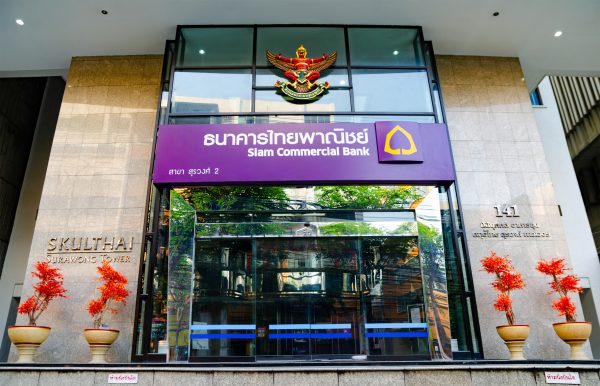


In a recent development, Thailand's central bank and anti-money laundering agency have stated that there is no evidence to support claims made by the United Nations regarding Thai banks facilitating arms purchases by Myanmar's military junta. This statement comes in response to a U.N. report released in June 2024, which alleged that Thai companies used banks to facilitate nearly $130 million in arms purchases in the 2023 fiscal year, a significant increase from $60 million in 2022 [51a890d3].
The U.N. report was published by the Office of the United Nations High Commissioner for Human Rights (OHCHR) and raised concerns about the role of Thai financial institutions in enabling military activities in Myanmar [51a890d3]. In light of these allegations, the Thai government has emphasized its commitment to adhering to international regulations and maintaining a robust anti-money laundering framework [51a890d3].
This controversy comes at a time when Thailand is facing scrutiny over its economic ties with Myanmar, particularly in the context of human rights violations reported in the region. The Thai government has reiterated its stance on not supporting any actions that could contribute to the ongoing conflict and instability in Myanmar [51a890d3].
As Thailand navigates its economic landscape, recent data shows a mixed bag of indicators, reflecting both challenges and opportunities. The country's Balance of Trade for November reported a deficit of $0.79 billion, significantly better than the anticipated $2.3 billion deficit. Exports saw a year-on-year increase of 14.6%, while imports rose by 15.9%, indicating a resilient trade sector despite global uncertainties [ab981ce5].
In the broader context, the International Monetary Fund (IMF) has revised its GDP forecast for Thailand down to 2.7% for 2024, citing rising oil prices and shipping disruptions as significant factors affecting the economy [2508f0f0]. The SCB Economic Intelligence Center (EIC) remains cautiously optimistic, projecting a 4% growth in the fourth quarter of 2024, driven by private investment and tourism recovery [2508f0f0].
However, the economic outlook is tempered by concerns over consumer confidence, with 60% of respondents expecting a downturn. The Bank of Thailand is anticipated to cut the policy interest rate to stimulate growth, while the Thai baht is expected to weaken slightly before strengthening later in 2025 [2508f0f0].
On the global stage, Great Britain's Current Account for Q3 reported a deficit of £28.4 billion, worse than the consensus of £24.1 billion, while its GDP Growth Rate for the same period was 0.5%, exceeding expectations [ab981ce5]. In the U.S., Durable Goods Orders for November rose by 0.2%, surpassing forecasts, and initial jobless claims for December 21 are projected at 220,000, slightly above consensus [ab981ce5].
While Thailand's Industrial Production year-on-year for November decreased by 0.91%, private consumption showed signs of resilience with a month-on-month increase of 0.8% [ab981ce5]. Retail sales for October were reported at 20.6%, below the expected 23.0%, indicating potential headwinds for consumer spending [ab981ce5]. Policymakers are urged to address economic disparities to ensure a balanced recovery as the nation grapples with both domestic and international economic pressures [2508f0f0].